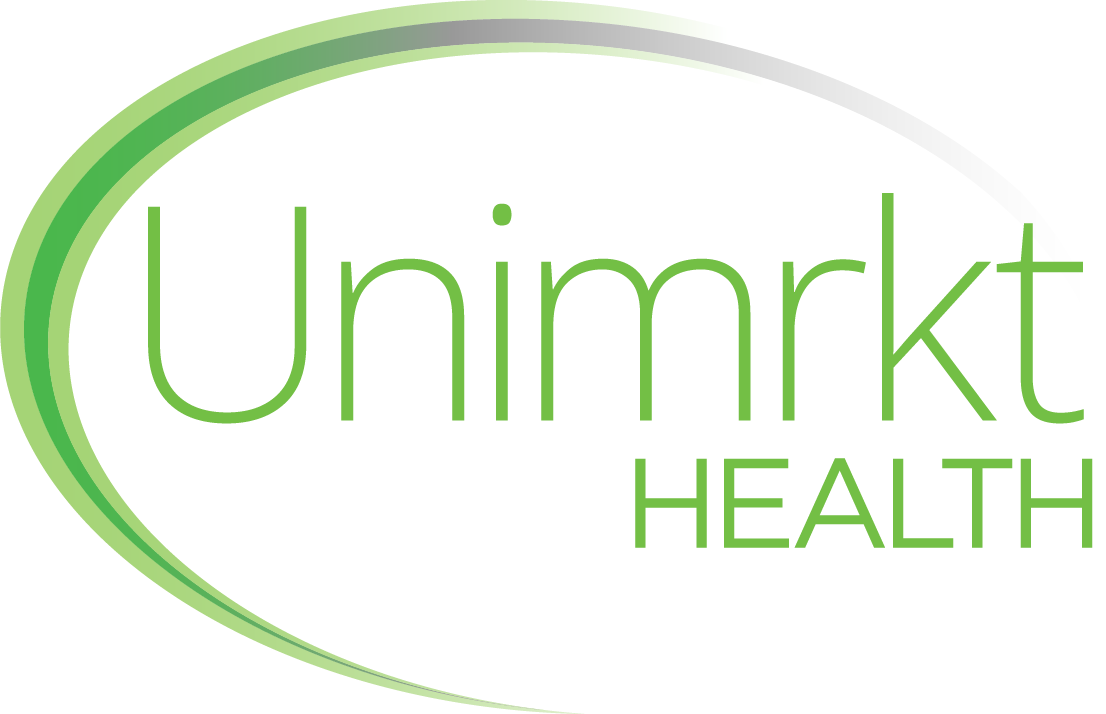Effectively Utilising CATI for Healthcare Market Research
- Unimrkt Healthcare » Blog » Effectively Utilising CATI for Healthcare Market Research
Healthcare market research is one of the most complicated tasks for researchers, as minor inaccuracies can have huge consequences. However, certain tools like Computer-Assisted Telephone Interviewing (CATI) can simplify the process. If you aren’t utilizing CATI in healthcare yet, you’re missing out on an immensely powerful research armament. In this blog, we’ll explain why and how you need to leverage CATI for your next healthcare research task, whether it’s related to patients, doctors, hospital staff, or the global animal health market. Let’s get started!
What is Computer-Assisted Telephone Interviewing (CATI)?
Computer-Assisted Telephone Interviewing (CATI) is a research methodology that uses a computer to conduct phone surveys. It utilises a pre-written survey presented by the interviewer to the interviewee; the interviewee responds to the given questionnaire. Computer software provides the interviewer with a script that offers an introduction to the survey, any special instructions (for instance, if the answers are going to be timed or if they have to be in a specific setting while answering), and the questions. This method is more effective than other research methods like Telephone Depth Interviewing (TDI) and Web-Assisted Telephone Interviewing (WATI) as it’s more comprehensive and flexible; it saves time and money for any large-scale data collection project.
5 Key Benefits of Using CATI in Healthcare Market Research
CATI has revolutionised healthcare market research by offering an efficient way to collect both qualitative and quantitative data. This particular method bridges gaps in accessibility by enhancing data accuracy and providing real-time flexibility—all essential for gaining valuable healthcare insights. Let’s explore the five key advantages of using CATI in healthcare market research.
Breaking Barriers: Reaching a Wide and Diverse Respondent Base
One of the standout benefits of CATI is its ability to connect with a broad and diverse group of respondents. Unlike online surveys that may exclude individuals who are not tech-savvy or lack internet access, CATI enables researchers to reach experts, healthcare professionals, and patients across remote or underserved regions. This ensures that critical voices—especially those in areas with limited digital infrastructure—are included in the research, leading to more comprehensive and representative insights.
Data Integrity at Its Best: Ensuring Accuracy and Reliability
CATI significantly enhances data quality by structuring interviews in a systematic and interactive manner. Since responses are directly entered into a computer-assisted system in real time, the likelihood of incomplete or inconsistent data is greatly minimised. Additionally, built-in validation mechanisms allow researchers to verify responses instantly, reducing errors and enhancing the credibility of the collected data. This ensures that healthcare decisions and market analysis are based on accurate and dependable information.
Tailored for Precision: Customization and Adaptive Questioning
Healthcare research demands a nuanced approach, as every condition, treatment, and patient experience is unique. CATI interviews offer a high degree of customization, allowing researchers to tailor questions based on specific medical conditions, treatment outcomes, or patient demographics. Moreover, real-time adaptability enables interviewers to modify or probe deeper into responses, leading to richer, more meaningful insights that traditional surveys may fail to capture.
Save Time and Money: A Smarter Approach to Research
Traditional in-person interviews can be time-consuming and expensive, often requiring extensive coordination and travel. CATI provides a cost-effective alternative by eliminating logistical challenges while maintaining a structured and professional approach to data collection. Researchers can conduct a high volume of interviews in a shorter period, maximizing efficiency without compromising on data quality. This makes CATI a highly scalable solution for healthcare market research.
Fortify Sensitive Data: Compliance and Confidentiality
Healthcare research must adhere to strict privacy regulations, including HIPAA, GDPR, and other industry-specific data protection laws. CATI ensures that all personal and medical information shared during interviews is handled with the highest level of security. The system is designed to protect respondent confidentiality while maintaining compliance with industry standards, giving both researchers and participants peace of mind.
How to Effectively Use CATI in Healthcare Research: A Step-by-Step Guide
Implementing CATI in healthcare research requires a strategic approach to ensure high-quality data collection and meaningful insights. It can be a complex process if you don’t have the right equipment, workforce, and experience. You need a trained interviewer to conduct phone surveys with the target group. For instance, if you’re conducting research on the global animal health market, the interviewer will have to interview veterinarians, pet owners, and livestock producers. Follow these steps to maximise the effectiveness of your CATI research:
Set the Right Course
Before launching your CATI study, clearly outline the research goals. Are you studying patient experiences, treatment effectiveness, or healthcare market trends? Establishing a well-defined objective will guide the questionnaire design and respondent selection process.
Build a Targeted Respondent List: Find the Right Voices
Identify the ideal participants for your research. This could include patients, healthcare professionals, caregivers, or pharmaceutical experts. Ensure diversity in your respondent pool to capture well-rounded insights.
Craft an Engaging and Structured Questionnaire: Ask the Right Questions
Design a questionnaire that is clear, concise, and tailored to your research focus. Use a mix of closed-ended and open-ended questions to balance quantitative and qualitative insights. Keep the interview flow logical and engaging to encourage honest responses.
Dig Deeper When Needed: Leverage Real-Time Adaptive Questioning
Use CATI’s flexibility to adjust questions dynamically based on participant responses. If a respondent provides an interesting or unexpected answer, interviewers can probe further to gather richer data.
Hire the Right Professionals: Build a Skilled Research Team
Selecting experienced interviewers and research professionals is crucial for the success of your CATI study. Ensure that your team is well-versed in healthcare terminology, patient communication, and ethical considerations. A well-trained team can navigate sensitive topics with empathy, maintain respondent engagement, and ensure accurate data collection. Consider hiring researchers with expertise in healthcare.
Ensure Data Security and Compliance: Protect Sensitive Information
Since healthcare research involves sensitive data, make sure your CATI system adheres to privacy laws like HIPAA and GDPR. Securely store all collected data to maintain confidentiality and regulatory compliance.
Monitor and Validate Data in Real-Time: Keep Quality in Check
CATI allows for instant data validation, minimizing errors and inconsistencies. Regularly monitor interviews and review collected data to ensure accuracy, completeness, and adherence to research protocols.
Refine and Optimise Future Research: Continuous Improvement Matters
Evaluate the success of your CATI study by gathering feedback from interviewers and respondents. Identify areas for improvement, refine your approach, and apply these insights to future healthcare research projects.
Consult Today
The use of CATI in healthcare market research is vital when collecting invaluable data. It provides access to high-quality output, diverse respondents, and flexible survey execution. Whether it’s assessing the efficacy of new medicine or a medical device, understanding the impact of a certain disease on humans, or the concerns of the global health market, CATI can cover it all. Ready to leverage CATI for your next research project? Unimrkt Healthcare has been using CATI and other proven research methodologies for the healthcare industry for over a decade. To learn more about how we can help you with your market research endeavors, call +91-124-424-5210, +91-9870-377-557, or sales@unimrkthealth.com. You may also fill out our contact form, and our team of experts will assist you as soon as possible.
Recent Posts
- 10 Medical Online Survey Mistakes You Must Leave Behind in 2025
- How Qualitative Healthcare Research Can Accelerate Ethical AI Adoption
- Trust as a Growth Strategy: What Healthcare Leaders Can Learn From Business Market Analysis
- Mapping the Healthcare Value Chain: A Market Research Perspective
- Decoding Emotional Triggers in Treatment Choices: A Qualitative Approach
Archives
Quick Enquiry
Customer Service, We Make it Better
Related Posts:
Let's Connect
Please, fill in the form to get in touch!



